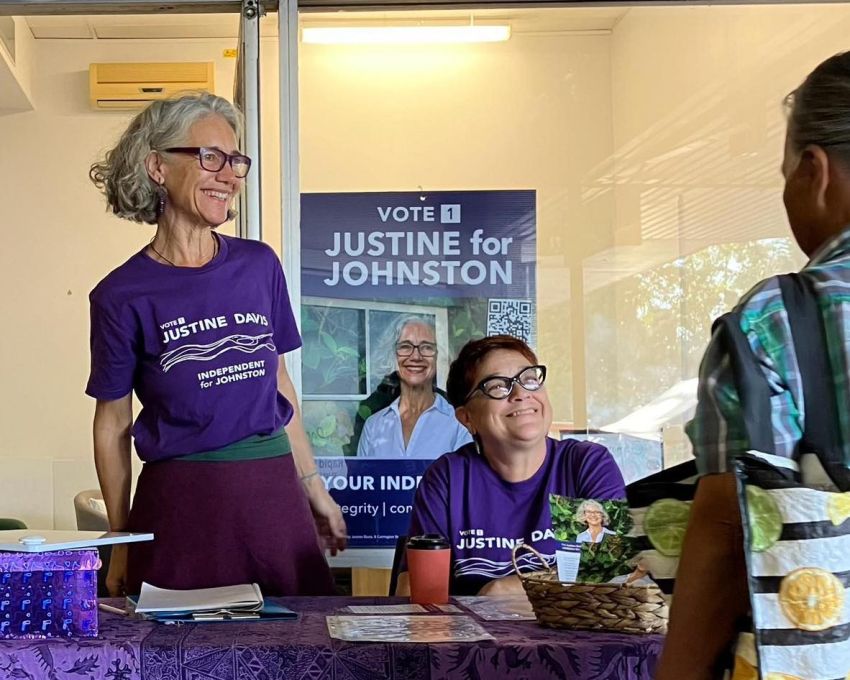
The Northern Territory Voluntary Assisted Dying inquiry (NT VAD) closed on August 29, after a two week extension.
At time of writing, the Northern Territory Legal and Constitutional Affairs Committee Inquiry into Voluntary Assisted Dying (VAD) for the NT had received 369 submissions, ranging from individual’s phone submissions through to detailed reports from leading advocacy organisations, including Dying With Dignity Victoria.
They show how important VAD as an end-of-life care option is to Territorians (79% support) and people across the country (86% support).
While some church organisations and individuals expressed objections on religious grounds, the submission by Christians Supporting Choice for VAD provided data showing 76% Catholic and 81% Anglican support.
A submission from Marshall Perron, the architect of Australia’s world-first Rights of the Terminally Ill Act 1995, reflects a widespread frustration that VAD has still not been re-legislated in the NT.
The NT Voluntary Euthanasia Society (NT VES) submission agrees, affirming the legal and humanitarian basis of VAD law and urging the restoration of VAD. It has campaigned for its return for decades, alongside the Council of the Ageing (COTA NT). Both are members of the NT VAD Working Group, which is chaired by Independent member for Johnston Justine Davis, who moved the original motion to progress VAD in the NT Legislative Assembly on May 13.
Key health sectors made supportive submissions, including the Australian Medical Association (AMA), Palliative Care NT, the Mental Health Association of Central Australia (MHACA), Doctors for Assisted Dying Choice and NT Health.
The Northern Territory Health Department submission, dated August 29, said: “NT Health looks forward to supporting a safe and accessible VAD service and will continue to provide subject matter expertise during the legislation drafting process.”
NT Health, a key stakeholder in the 2024 NT VAD Independent Expert Advisory Panel Final Report, also recommended improvements to that report’s original recommendations, including removing the “gag clause” preventing medical practitioners from discussing VAD with patients.
“There should be no restriction on health practitioners introducing the subject of VAD services to patients during discussion about treatment options for end-of-life care,” NT Health said, provided all available options were provided, including palliative care. It added that formal VAD assessments would still have to be done by a doctor.
The July First Interim Report states its final report is due to go back to the NT Attorney General on September 30. Advocates have written to the Legal and Constitutional Affairs Committee seeking assurances that despite the two-week extension on submissions, the report will still be released at that time, or before the three remaining weeks of parliament.